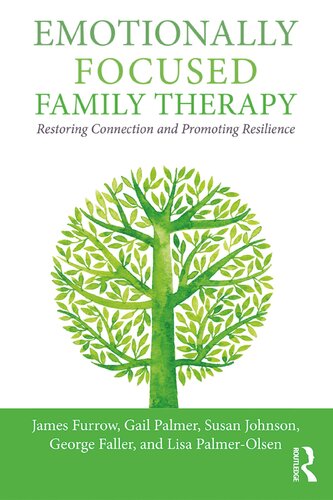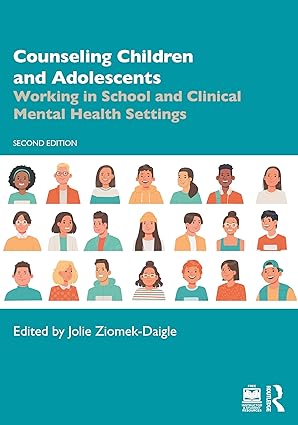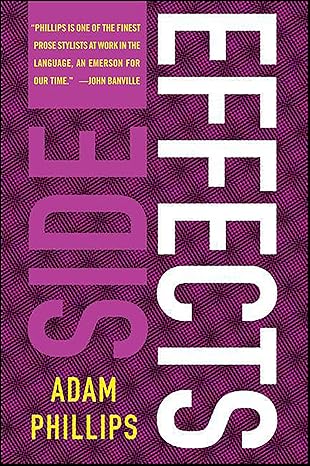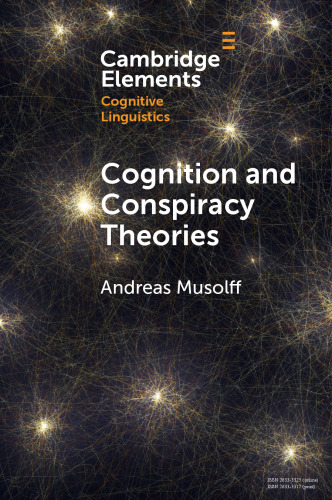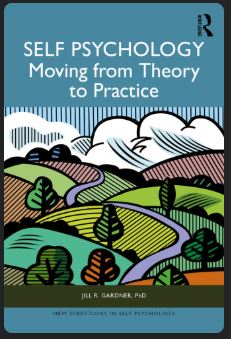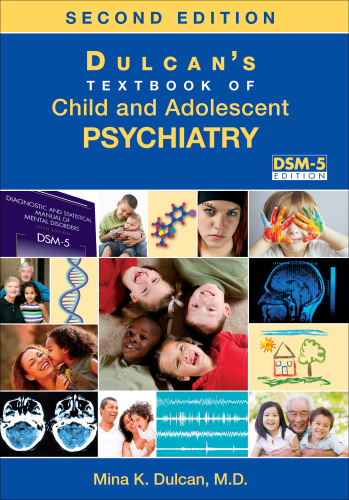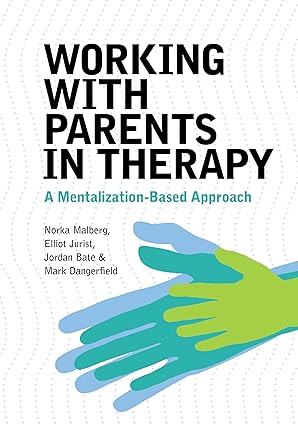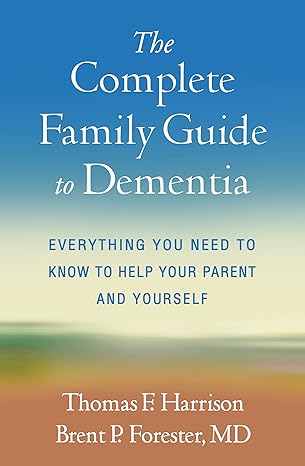Emotionally focused family therapy (EFFT) actively promotes the devel- opment and renewal of attachment bonds in family relationships defined by patterns of emotional distance and distress resulting from enduring conflicts and relational injuries. The EFT therapist seeks to transforms these problematic patterns, which often undermine a family’s safety and wellbeing. Following empirically supported practices, parent and child relationships are redefined through new experiences of trust and vulner- ability, thereby restoring the flexible connection and responsiveness families need to maintain healthy emotional bonds. These bonds enhance resilience among families facing changing developmental needs and unanticipated demands common to family life. The practice of EFFT is based on decades of psychotherapy research which has shown that the shared experience of emotion remains a powerful catalyst for growth and therapeutic change. Pioneers in emo- tionally focused couple therapy (Johnson, 2004) and emotion-focused therapy (Greenberg, 2002) repeatedly demonstrate empirical support for the use of emotion-focused treatments for adult depression, anxiety, and couple distress. Susan Johnson first explored the application of EFT to families in in her book The Practice of Emotionally Focused Therapy: Creating Connection (Johnson, 1996). Johnson noted that EFT’s couple theory and interventions offered similar promise to distressed family relationships, which was demonstrated in a pilot study testing the effec- tiveness of EFFT with bulimic adolescents and their parents (Johnson, Maddeaux, & Blouin, 1998). Further elaboration of the approach appears in Johnson’s second edition of Creating Connection (Johnson, 2004) and Becoming an Emotionally Focused Therapist: The Work- book (Johnson et al., 2005).
چکیده فارسی
خانواده درمانی متمرکز بر عاطفی (EFFT) به طور فعال توسعه و تجدید پیوندهای دلبستگی را در روابط خانوادگی که توسط الگوهای فاصله عاطفی و پریشانی ناشی از تعارضات پایدار و آسیب های رابطه تعریف شده است، ترویج می کند. درمانگر EFT به دنبال تغییر این الگوهای مشکل ساز است که اغلب امنیت و رفاه خانواده را تضعیف می کند. به دنبال شیوههای تجربی حمایتشده، روابط والدین و فرزند از طریق تجربیات جدید اعتماد و آسیبپذیری دوباره تعریف میشوند، در نتیجه ارتباط انعطافپذیر و پاسخگویی که خانوادهها برای حفظ پیوندهای عاطفی سالم نیاز دارند، بازسازی میشوند. این پیوندها تاب آوری را در میان خانواده هایی که با نیازهای در حال تغییر رشد و تقاضاهای پیش بینی نشده مشترک در زندگی خانوادگی روبرو هستند، افزایش می دهد. عمل EFFT مبتنی بر دههها تحقیق رواندرمانی است که نشان داده است تجربه مشترک احساسات یک کاتالیزور قدرتمند برای رشد و تغییرات درمانی است. پیشگامان زوج درمانی متمرکز بر هیجان (جانسون، 2004) و درمان متمرکز بر هیجان (گرینبرگ، 2002) مکرراً حمایت تجربی از استفاده از درمان های متمرکز بر هیجان را برای افسردگی بزرگسالان، اضطراب و پریشانی زوجین نشان می دهند. سوزان جانسون برای اولین بار کاربرد EFT را در خانواده ها در کتاب خود با عنوان «عمل درمانی متمرکز بر عاطفه: ایجاد ارتباط» بررسی کرد (جانسون، 1996). جانسون خاطرنشان کرد که تئوری زوج EFT و مداخلات، نویدهای مشابهی را به روابط خانوادگی پریشان ارائه میدهد، که در یک مطالعه آزمایشی برای آزمایش اثربخشی EFFT بر روی نوجوانان پرخوری و والدین آنها نشان داده شد (جانسون، مددو، و بلوین، 1998). توضیح بیشتر این رویکرد در ویرایش دوم جانسون از Creating Connection (جانسون، 2004) و تبدیل شدن به یک درمانگر متمرکز عاطفی: کتاب کار (Johnson et al., 2005) ظاهر می شود.
ادامه ...
بستن ...
Author(s): James L. Furrow, Gail Palmer, Susan M. Johnson, George Faller, Lisa Palmer-Olsen
Publisher: Routledge, Year: 2019
ISBN: 1138948012,9781138948013
ادامه ...
بستن ...
